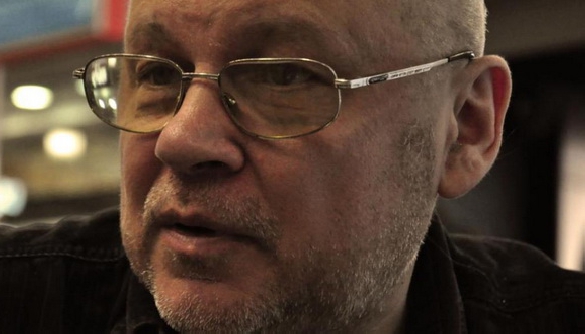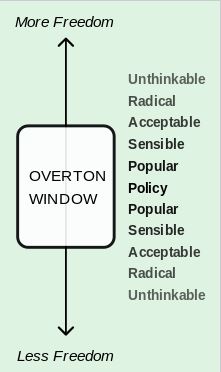The British newspaper The Independent published an article on a meeting between the President-elect Donald Trump and the former State Secretary Henry Kissinger. According to the headline, "Henry Kissinger has 'advised Donald Trump to accept' Crimea as part of Russia."
The Independent refers to the German tabloid Bild without providing details. But before this reference it gives some rather detailed information:
“A report in the German tabloid Der Bild headlined ‘Kissinger to prevent new Cold War’, claimed the former envoy was working towards a new relationship with Russia. This would involve the US accepting that Crimea, a Ukrainian territory that Russia seized in March 2014, now belongs to Moscow. In exchange, Russia would remove troops and military supplies to rebels in eastern Ukraine which have to fight a war against the Ukrainian government.”

If you read the article in Bild, however, you will discover that there is not one word about the Crimea and troop removal. Kissinger just said that he would like to create a master-plan for Ukraine and to be the mediator between the US and Russia for a convergence between Washington and Moscow.
That's it. Nothing more about Ukraine and Russia.
Why did the author of The Independent, Andrew Buncombe, add to his article some assertions which are not confirmed by any sources of information? In order to answer this question, one should remember that The Independent is owned by the Russian oligarch Aleksander Lebedev, who is close to Putin.
When Putin began his military adventure in Ukraine, he intended to occupy the entire south-eastern part of the country in order to establish a quasi-state, "Novorossiya." But he was unsuccessful and obtained just the Crimea. The Ukrainians did not allow his army and mercenaries to go further.
Read more: Meet the people behind Novorossiya’s grassroots defeat
Now he has been drawn into a war in eastern Ukraine and does not know how to get himself out of this mess without losing face before the Russian people. No one can exclude that Putin is looking for a way to solve this problem.
The article in The Independent could be a concealed offer to the West of a scenario favorable for Putin. For this goal, such a respectable newspaper as The Independent could serve as a very handy tool.
Related: Western media happy to whitewash Ukraine’s corrupt old guard

Editor's note.
The described incident is likely to be part of a strategy to shift political discourse in the direction needed for Russia. At the Munich security conference in February 2016, Russian Prime Minister Dmitry Medvedev declared that the strained relationship between Russia and the West could be described as “a new Cold War.” Political researcher Anton Shekhovtsov described the incident as a specially prepared to inject a "Cold War narrative" into discussions about Russian politics, writing:
"But there seems to be more to it: with Medvedev infusing the concept of “a new Cold War” into the Western media sphere, this might be a part of the strategy known as 'reflexive control.' In the military studies, reflexive control is defined as 'a means of conveying to an opponent specially prepared information to incline him or her to voluntarily make the predetermined decision desired by the initiator of the action.'"

Another way to view the said incident is to view it in light of the Overton window, a concept developed by a public policy specialist Joseph P. Overton. Overton claimed that an idea's political viability depends mainly on whether it falls within the window, also called the window of discourse, rather than on politicians' individual preferences. Proponents of unacceptable ideas may aim to shift the window of discourse by injecting radical ideas into the public discussion with means of media so that the window of political opportunities shifts closer to their desired outcome.
Before, the idea that the world must accept Russia's occupation and illegal annexation of the territory of another sovereign state was considered predominantly unacceptable. Now it's part of the discussion, with the help of The Independent.


